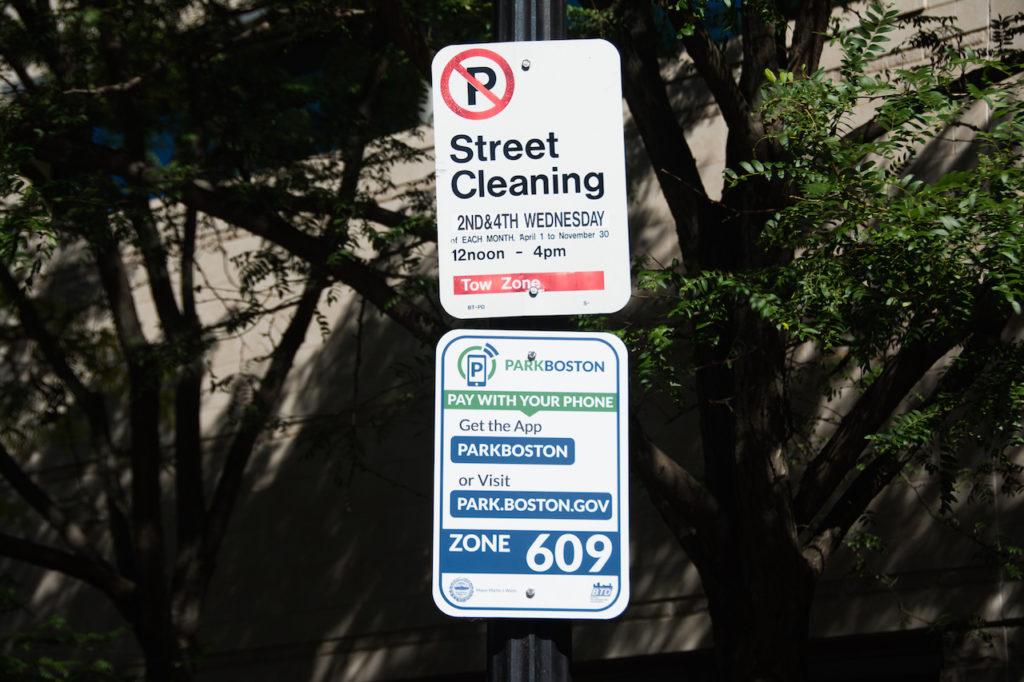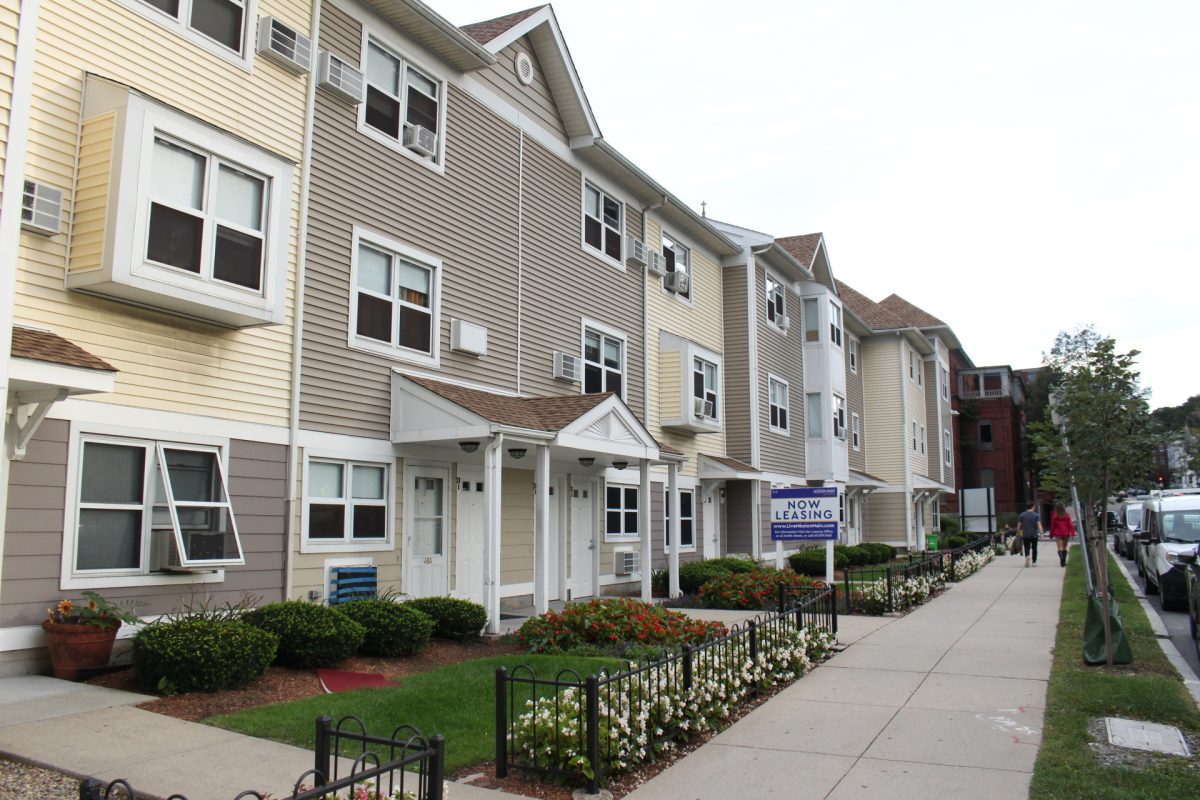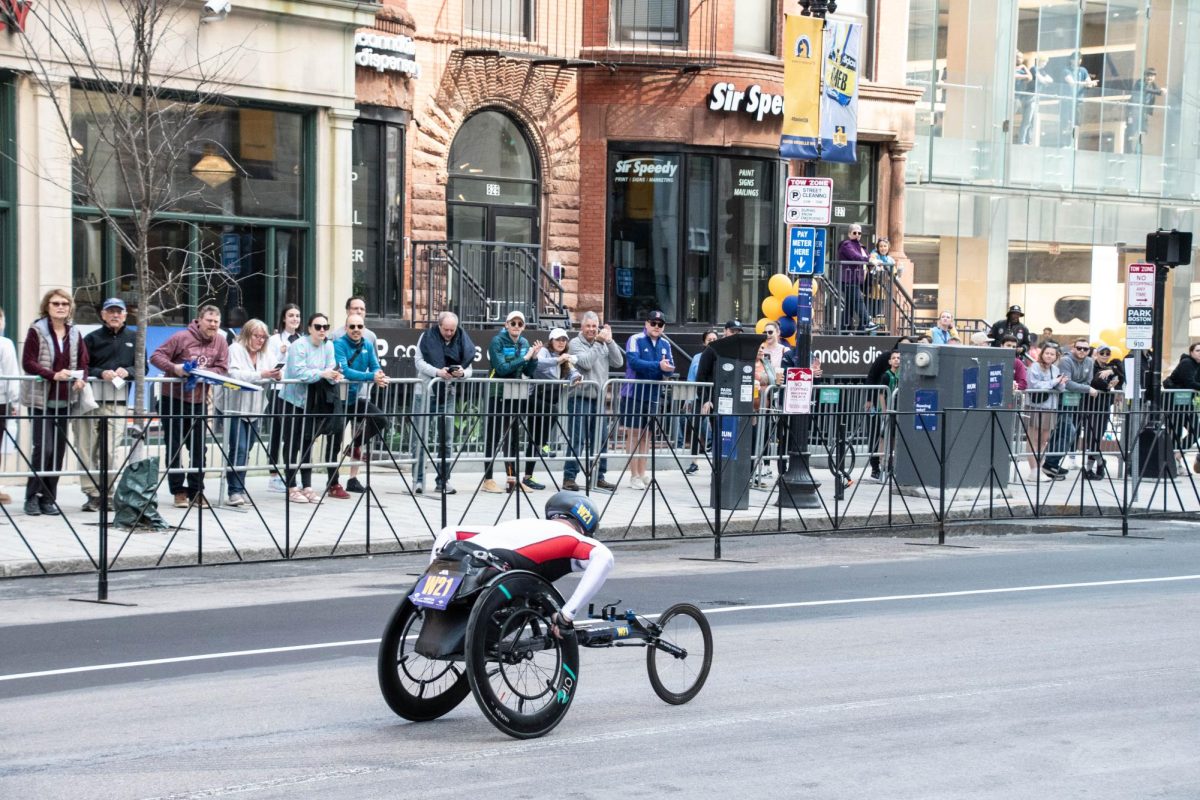By Alejandro Serrano, news correspondent
Boston drivers may soon find more open parking spaces – and face higher meter prices – if Mayor Martin J. Walsh’s new parking plan is implemented. The initiative, currently in development, is an attempt to clear up heavily-trafficked areas including Fenway, Back Bay and Mission Hill.
“I introduced an idea to look at implementing performance-based parking meter pricing in Boston, such as other cities in the United States have done to alleviate congested traffic patterns and make parking more available,” Walsh said in a press release on Sept 25.
Eight thousand city meters will be replaced with “smart meters,” which will gather statistics that the city will utilize to begin making parking management decisions soon, according to Boston Transportation Department spokeswoman Tracey Ganiatsos. There is no timetable to implement the plan.
A similar system to the one proposed has been adopted by cities across the United States, according to the press release. New York City raised some meter prices up to $3.50, and in some areas of San Francisco, meter prices are $7 per hour.
The current meter price in Boston is $1.25 per hour, and it likely won’t increase to the level of other cities, according to Walsh.
“This is a plan for a pilot program that we have only just started to explore to see if it works for Boston, and $7 an hour has never been on the table,” Walsh said.
Instead of sitting at a flat rate, parking meter prices will fluctuate based on demand, according to Boston public news station WBUR. The more meters in use and the more demand for parking, the more the prices will increase for that area and time. The implementation of the plan in San Francisco decreased time searching for parking by 43 percent, according to WBUR.
Similar effects can be anticipated in Boston, Daniel P. Aldrich, a Northeastern University professor of political science, urban affairs and public policy, said.
“I think [the proposal] is a great idea,” Aldrich said. “The better we reduce drive-through and parking, the better the quality of life, business transactions and foot traffic. That is demonstrated by research.”
While changes would be welcomed by drivers in the area, they may not be helped much by surge pricing at meters, according to Jeff Nisbett, a senior graphic design major at Northeastern who drives to campus.
“An increase in pricing for meters is a good idea for certain areas such as Fenway and Back Bay,” Nisbett said. “The increase can help residents in those areas where parking can be ridiculous during events. However, I don’t think it will affect traffic much.”
In fact, even a moderate price increase could negatively affect student drivers, according to third-year journalism major Andrew Daylor.
“It would be tough for students that commute. I don’t park at meters now because I already find it expensive and inconvenient because I move my car throughout the day, and it is hard to find an open spot,” Daylor said. “The benefit is that if there is an event such as a Red Sox game, pricing will increase and there will be more parking for people willing to pay more at the cost that it becomes unattractive to people who avoid meters.”
There is a plethora of parking spaces available to students with a parking pass from the university, ranging from daily passes to whole semester passes, according to Northeastern’s website. Students also use nearby metered and unmetered parking spots on the street, opting for lower prices at the risk of missing out on a space.
According to Ganiatsos, the city also offers resident parking permits, which give residents access to on-street parking spots throughout the city, including some metered spots.
Tension between different groups of drivers with different parking needs – like students and residents – is inherent in the implementation of any new system, according to Aldrich.
“There is always going to be a group of individuals that have benefited from the rules as they have been, whatever changes occur will bring them a cost,” Aldrich said.
While increased prices may shift traffic patterns, the lack of parking spaces will remain a problem, according to junior chemical engineering major Mohammed Albaity.
“It’s really hard to park anywhere in Boston,” Albaity said. “The plan isn’t going to work [in alleviating traffic] because if you have a car, no matter the pricing you’re going to need to park it, no matter the price.”
Photo by Brian Bae
Editor’s note: A previous version of this article said changes to parking prices, instead of parking management decisions, would be made soon. There is no timetable for a new plan.














